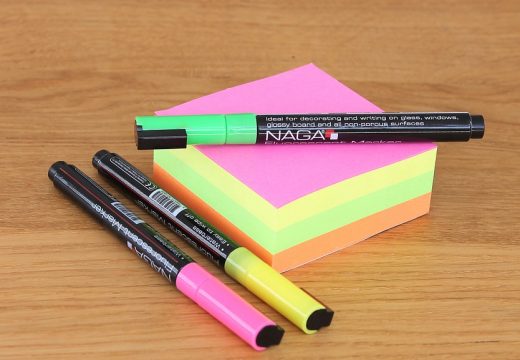Alice tutors English and Latin with MyTutor as well as working in the art world; she considers what to do before, during and after mocks to make the most of the revision and exam process.
At this point in the academic year, you won’t know everything on the syllabus. You are not expected to. Luckily, you can use this to your advantage; the fact that there is less material to learn means you can spend more time sharpening your exam technique.
Even more than in the real thing, then, mocks are by no means merely about what you know, but what you do with that knowledge. Doing well in mocks is not just about getting high marks (although you should strive for this too!). In order to get the most out of mocks, you should pay attention to how you revise before the mocks, how you respond to questions during mocks, and how you learn from feedback you receive after them.
Learn for your mocks as well as from them
- Set yourself feasible, focused targets. It is great if you do well in your mocks; but it is even better to learn from them. First of all, you should make a clear timetable listing the dates and contents of each mock. It is all too easy to confuse modules; but careful planning means you can avoid any surprises on the day. By familiarising yourself with the exam topics, you can also anticipate which questions are likely to come up. Exam boards often have areas they like to test every year. If key-terms recur in past papers, learn them. If you are unsure of any words or definitions, get clarification before you start revising.
- Know your enemy, and it might become your best friend (or at least a little less daunting). Familiarise yourself with the syllabus, the Examiners’ Reports, and the exam board’s Assessment Objectives. You will no doubt be taking exams issued by a variety of boards, so be totally clear about the specifics of each paper. Make sure you know how many marks will be rewarded for different questions – this will give you an indication of how much you should write, and how many points to cover.
- A lot of the time, examiners are looking for breadth as well as depth. Neither a mock nor the real thing can encompass everything. But with thorough revision, the depth of your knowledge should become clear even when you’re writing concisely on specific topics.


What to do before your mocks
Get kitted out with highlighters, coloured pens and revision notepads. Bedeck your desk with flashcards (a good self-test tip is to write key-words – or foreign vocab – on the front, with answers on the back). Revising, at this stage, should also involve learning how best to revise. Experiment with different learning techniques – try mind-maps, audio guides, diagrams and all the mnemonic delights you can think of. See if there are any apps you can download to supplement your learning. Memrise is especially good for learning vocab. You can even specify on Memrise which exam course to follow, and which topic you’d like to develop.
During your mock exam
Focus on the terms and wording of the question. Make sure you know exactly what you are being asked to do. It goes without saying that you should answer the question in front of you, not the one you wish you were being asked. When revising, it’s helpful to organise topics by themes. This means that once you open the paper, you can match key-terms to your themed notes. To begin with, revise your notes in their logical order (i.e. the order in which they were taught to you). Once you think you know them, mix them around to ensure you know the ‘ins and outs’ of each topic.
Try to create exam conditions for yourself – in and out of the classroom. Get a good night’s sleep before an exam, take regular revision breaks, and reward yourself for your hard work.
Try things out: if you have an idea you’re unsure about, or that’s slightly bolder than usual, mocks can serve as a good testing-ground. This is less applicable to science and maths exams, but it’s useful for essay subjects.
After each mock, it’s a good idea to write down what you found challenging. If, for example, you didn’t have time to check your answers, know that you’ll have to finish a few minutes earlier in the real thing. It’s worth noting that you’ll also get marks deducted if your hand-writing is illegible! If you’re used to typing your essays and revision notes, now is the time to get reacquainted with ink pens (sometimes for over an hour in one sitting)!
.. And after
Look after your revision notes! It’s tempting – and all too easy – to lose them, thinking you’ll make better ones when the real exams come. Not only will you save yourself time if you keep your current notes, it’s also helpful to compare your initial ideas from mocks with the ideas you have once you’ve covered the whole course.
Making mocks work for you means learning from them – not just from your mistakes, but from your successes too. Hopefully your teachers will give you detailed feedback, so take time to consider their suggestions and develop your understanding. If similar difficulties come up across different mocks – punctuation errors, time-shortage, misunderstanding questions etc. – note these down as your main issues to address. After this, select subject-specific targets based on individual papers. This way, you’ll know exactly what you need to do, and you’ll be particularly aware of the mistakes you’re especially prone to making.
Mocks might not seem like fun right now, but when it comes to the real thing – with organisation, confident preparation and focus – you can have the last laugh, and some stellar scholastic success, too.


Written by Alice Theobald, who tutors Latin and English with MyTutor.




